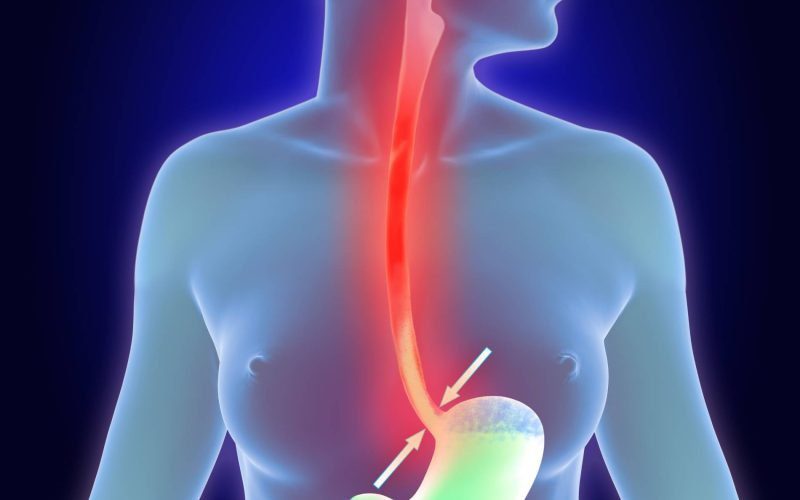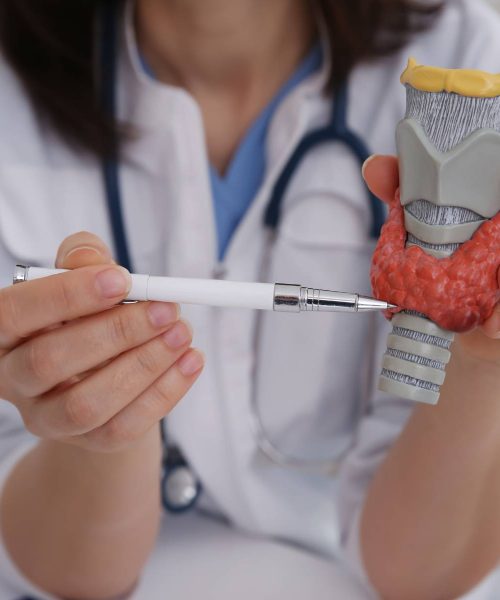Reflux occurs when stomach acid flows back up into the esophagus, resulting in a painful and burning sensation. This happens when the sphincter muscle at the top of the stomach relaxes or weakens, failing to close off the stomach completely. The acid that refluxes into the esophagus causes ongoing damage. Reflux is commonly known as heartburn and can be triggered by factors such as excessive acid production in the stomach.
Symptoms of Reflux
The primary symptoms of reflux include a burning sensation in the throat and pain in the center of the chest. These symptoms can be triggered by overeating or not eating enough. Certain foods, especially sugary drinks and foods, can also exacerbate the discomfort. It’s important to note that triggers can vary from person to person. Lying down can induce reflux in most individuals, and symptoms may persist for several hours.
Reflux can cause significant damage to the esophagus and even affect dental health. The acid from the stomach can erode tooth enamel, leading to cavities. Swallowing problems may arise due to esophageal damage, making it painful to swallow and creating a sensation of food getting stuck in the throat. This occurs as a result of scar tissue buildup and irritation. Severe cases of reflux may also cause a bitter taste in the mouth, chronic coughing, and asthma-like symptoms.
Treatment Options for Reflux
There are various treatment options available for reflux, depending on the severity of the condition. It is advisable to consult with a healthcare professional to evaluate your condition and receive appropriate treatment recommendations.
Lifestyle Modifications
In some cases, reflux can be managed by making changes to your diet and lifestyle habits. Keeping a food diary to track symptoms after consuming different foods can help identify triggers. By eliminating problematic foods, you may be able to alleviate symptoms.
Medications
If dietary modifications are insufficient or not feasible, your doctor may prescribe medications to reduce the amount of acid in your stomach. Over-the-counter medications are also available to help relieve symptoms. It is essential to follow your doctor’s guidance and dosage instructions when taking any medications for reflux.
Surgical Intervention
In severe cases where reflux causes significant complications, surgery may be necessary to address the underlying issues. Surgery can repair structural problems and provide long-term relief. It’s important to note that while rare, untreated reflux can potentially lead to esophageal cancer. Therefore, early diagnosis and appropriate management are crucial.
Reflux can have a significant impact on one’s quality of life. It may disrupt sleep patterns and force individuals to avoid certain foods they love. The pain and discomfort associated with reflux affect people of all age groups, including infants.
By working closely with a healthcare professional, individuals with reflux can find effective strategies to manage their symptoms and minimize the impact on their daily lives. Treatment options range from dietary adjustments to medication and, in severe cases, surgical intervention. Remember, early intervention and proper management are key to maintaining optimal health and well-being.







